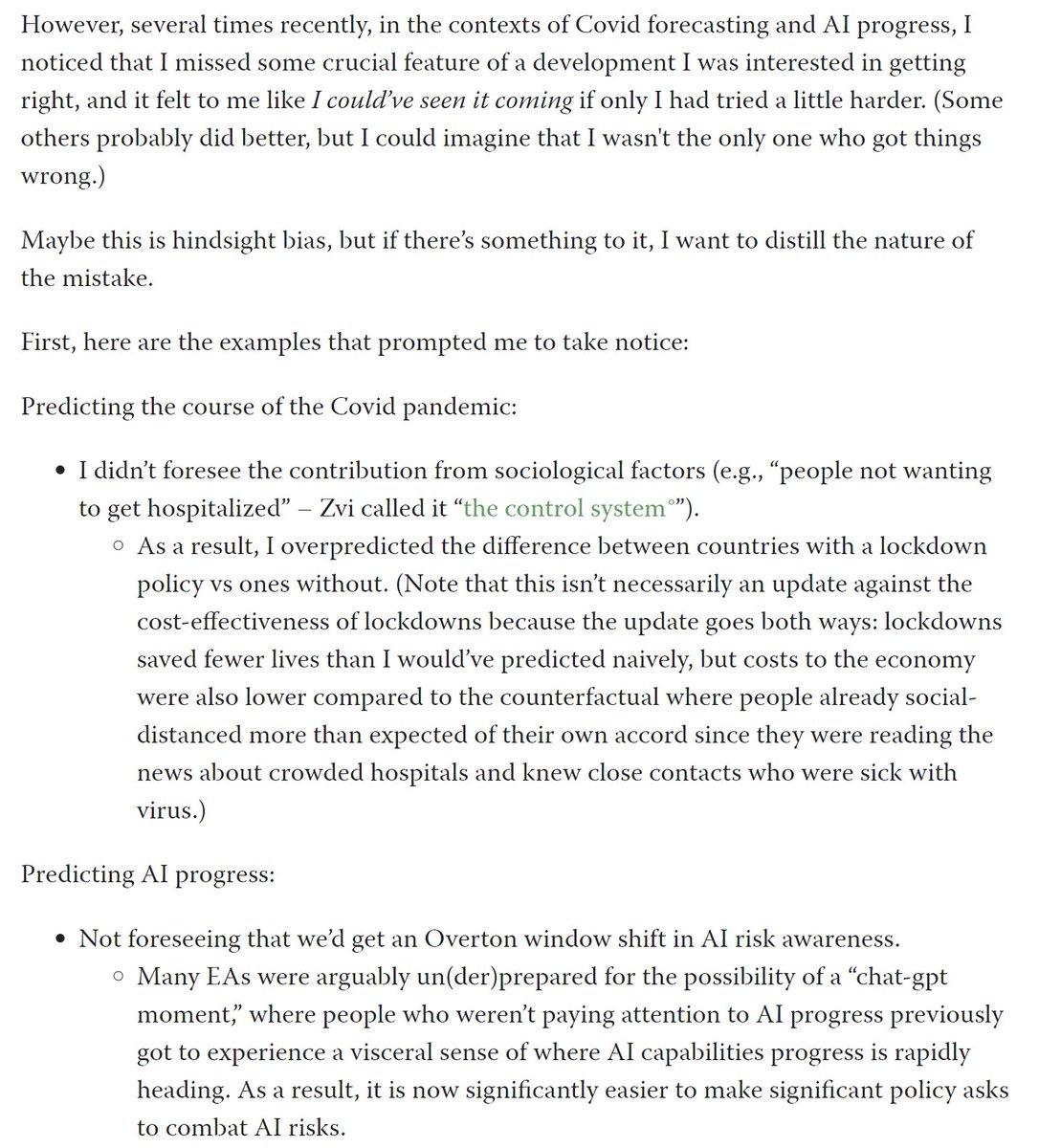
Stefan Schubert
@StefanFSchubert
Effective Altruism and the Human Mind (with @LuciusCaviola) is available for free at: https://t.co/ozvdxlZiro
ID:2797975647
https://stefanschubert.substack.com/ 01-10-2014 13:43:55
56,4K Tweets
28,6K Followers
2,0K Following
Follow People

Stefan Schubert My fav example of this is when companies have layoffs. When they decide to fire older, more expensive workers, people are up in arms complaining about age discrimination. When they use a policy of 'last in first out' which predominantly fires young workers, no one bats an eyelid.














. Benjamin Todd has a knack for writing thoughtful overviews of the current state of affairs in complex domains, so I'm glad he's started a new blog with so far three such posts on the AI situation:
forum.effectivealtruism.org/posts/YDjH6ACP…
forum.effectivealtruism.org/posts/dw8Wxcwc…
forum.effectivealtruism.org/posts/LJzvCWnw…








